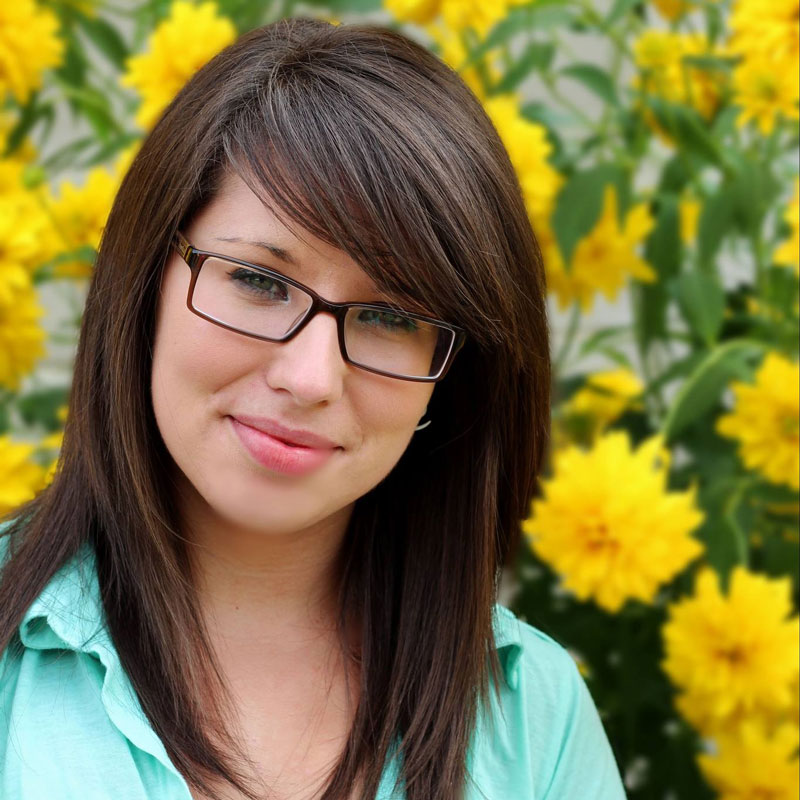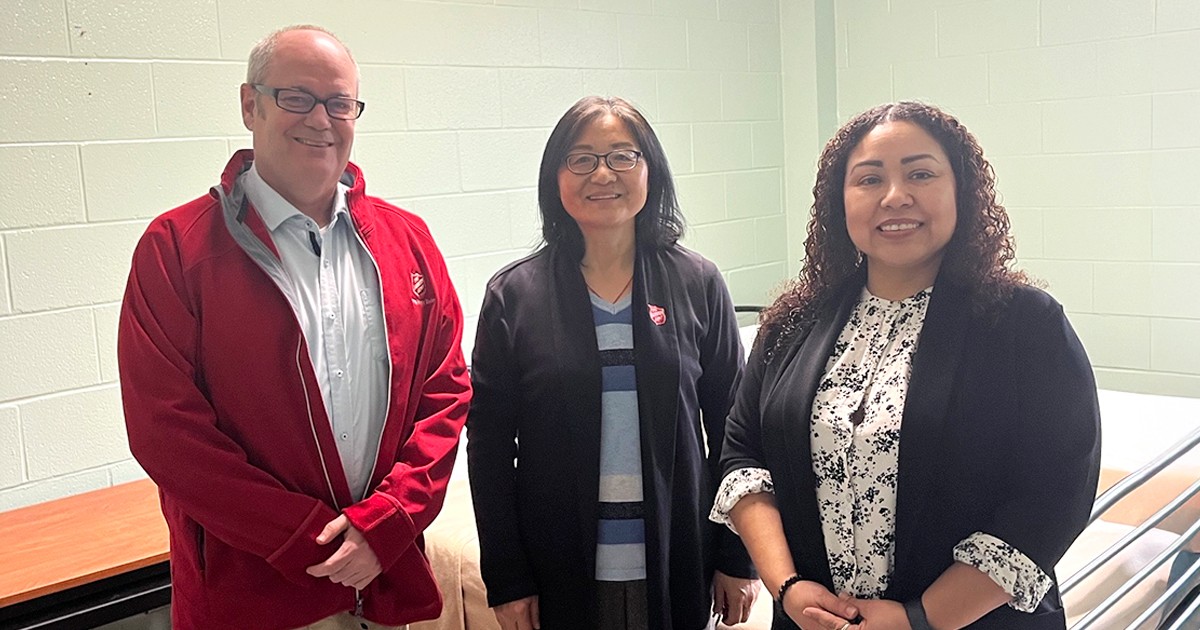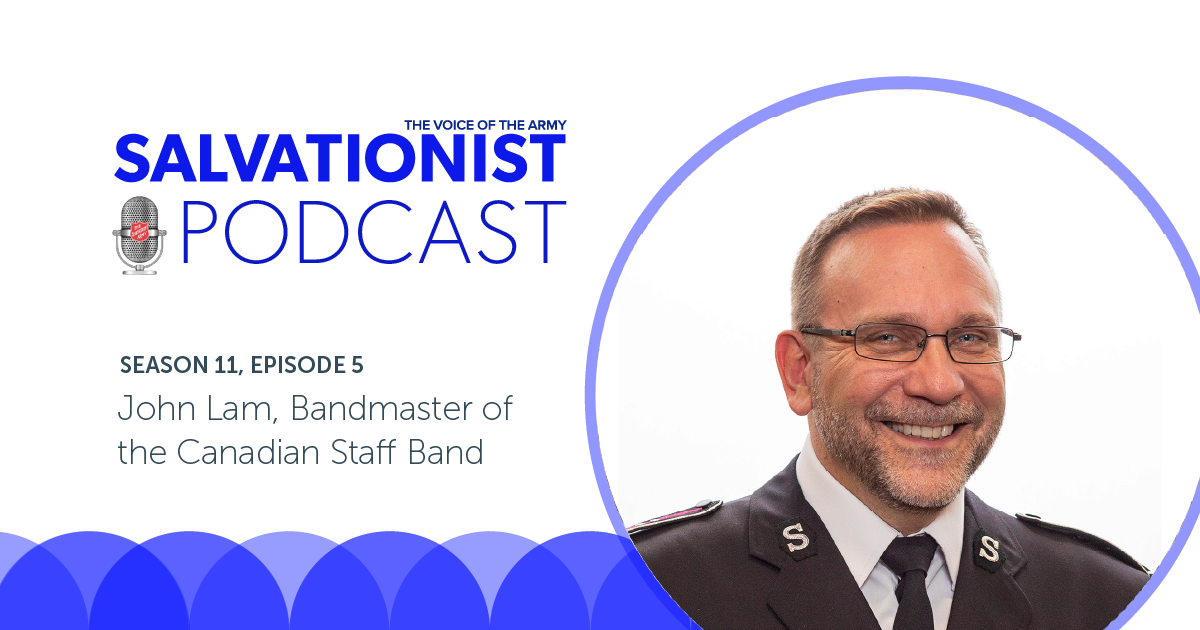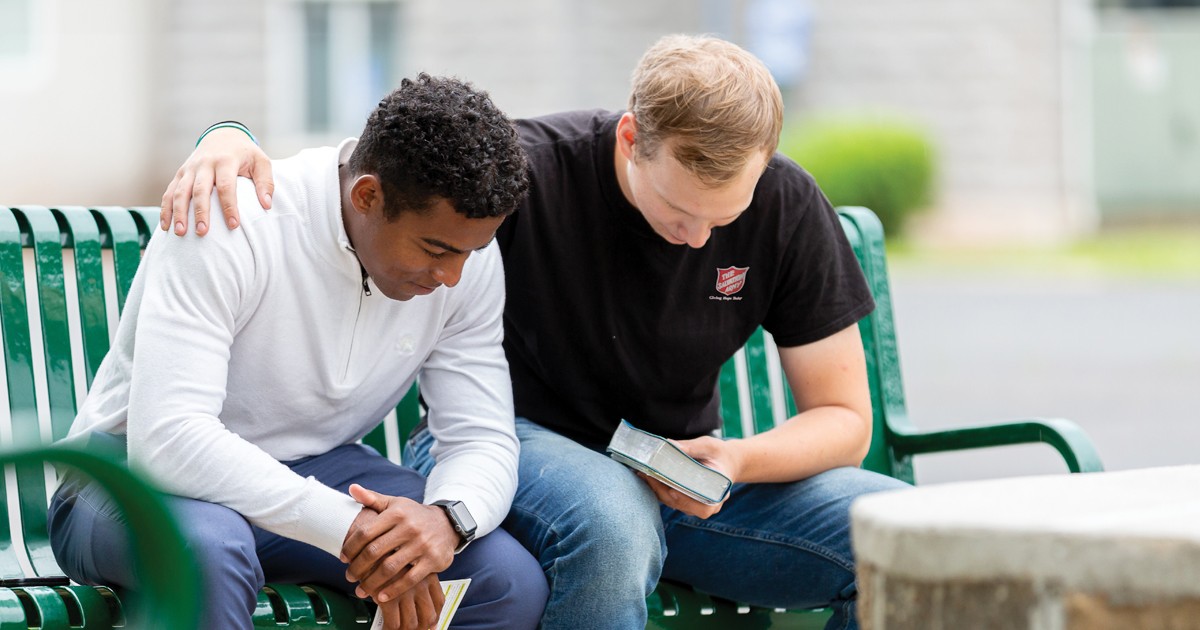I was 10 years old when I first picked up a razor blade to self-harm.
I began intentionally hurting myself with the hope that I would be able to escape the emotions that overwhelmed my mind and body.
I’d been self-harming for a couple of years already, in other ways, because I was overcome with sadness, anxiety and a desperation to numb myself from it all.
I can tell you now why I did it. It wasn’t a cry for help, for the sake of attention, or because I was “possessed”—despite what several teachers, counsellors and church leaders thought.
It was the physiological and psychological equation that worked for me. I was able to control my pain. I was able to see the source of my pain—rather than the stuff in my head I didn’t understand.
I struggled with self-harm and an eating disorder for all of my teenage life. It consumed me. I sought to destroy my body out of my understanding that it was evil and meant for evil.
Why? I felt that I wasn’t in control of my own body, that others were, people who abused it and judged it. People who had no right took advantage and robbed me of pieces and experiences not meant for them. I felt as if it was owned by other people, who ruled my body and did what they wanted with it.
So I took matters into my own hands. And several times, I acted as if I were God and tried to take my life.
I was in and out of support groups, treatment centres, counsellors’ offices, prayer meetings focusing on mental health and healing, and—more seriously—hospital. My eating disorder could have claimed my life. And self-harm could have ended my life long before God intended, before I could fulfil the purposes and plans God had for me. But there was hope.
Victory on the Other Side
After being asked to leave one church for being “possessed” and a “hindrance,” I attempted suicide. Thankfully, I failed, and wound up at a conference where I met my now-boyfriend, who belongs to The Salvation Army.
He connected me with a local Army church. I began to meet people who didn’t know my story, but I saw how they reacted to other people in my circumstances, people who suffered the same way I did with depression and anxious thoughts that hurt so bad, they didn’t want to live anymore. These Salvationists were full of love, grace and peace.
They walked alongside me, and their love was infectious. I’d never known such belonging before. They held me accountable, attended appointments with me and referred me to trusted professionals.
I realized I had a whole Army rooting for me!
Just as importantly, with each step I took in faith toward God and a real relationship with Him, I saw the desires fall away. Every day that I walk in this way, it gets easier.
The Salvation Army church has been pivotal in my recovery. Even with relapses and traumatic experiences, my church family has been encouraging and compassionate, never failing to refer, hold me accountable, sit with me, cry or laugh with me, offer me opportunities to be challenged and grow, and constantly praying with and for me, reminding me of my true identity as a child of God.
I used to be ashamed, especially in church. I would wear baggy clothes to hide my weight loss, never go out for meals after services, and hide my arms under long sleeves.
Now, I choose to be authentic, to be transparent. I lift up my tattered arms to God in thankfulness. I choose life, because what we hide in the dark remains dead and void. Healing comes in the light, life comes in the bright.
I am 25 now, no longer walking wounded. Instead, I am a beloved warrior. I have been gifted with these experiences and these struggles in order to walk with other teens who seek to be loved and understood.
I wish I could say I’m fully recovered, but I think that’s what many of us fail to understand: the battle is never over. It’s a daily affirmation of faith that gets me by.
For those going through what I went through, you can break the stigma, and cross a bridge between the topic of mental health and the church. I promise you, the victory you will find on the other side will be worth it.
I began intentionally hurting myself with the hope that I would be able to escape the emotions that overwhelmed my mind and body.
I’d been self-harming for a couple of years already, in other ways, because I was overcome with sadness, anxiety and a desperation to numb myself from it all.
I can tell you now why I did it. It wasn’t a cry for help, for the sake of attention, or because I was “possessed”—despite what several teachers, counsellors and church leaders thought.
It was the physiological and psychological equation that worked for me. I was able to control my pain. I was able to see the source of my pain—rather than the stuff in my head I didn’t understand.
I struggled with self-harm and an eating disorder for all of my teenage life. It consumed me. I sought to destroy my body out of my understanding that it was evil and meant for evil.
Why? I felt that I wasn’t in control of my own body, that others were, people who abused it and judged it. People who had no right took advantage and robbed me of pieces and experiences not meant for them. I felt as if it was owned by other people, who ruled my body and did what they wanted with it.
So I took matters into my own hands. And several times, I acted as if I were God and tried to take my life.
I was in and out of support groups, treatment centres, counsellors’ offices, prayer meetings focusing on mental health and healing, and—more seriously—hospital. My eating disorder could have claimed my life. And self-harm could have ended my life long before God intended, before I could fulfil the purposes and plans God had for me. But there was hope.
Victory on the Other Side
After being asked to leave one church for being “possessed” and a “hindrance,” I attempted suicide. Thankfully, I failed, and wound up at a conference where I met my now-boyfriend, who belongs to The Salvation Army.
He connected me with a local Army church. I began to meet people who didn’t know my story, but I saw how they reacted to other people in my circumstances, people who suffered the same way I did with depression and anxious thoughts that hurt so bad, they didn’t want to live anymore. These Salvationists were full of love, grace and peace.
They walked alongside me, and their love was infectious. I’d never known such belonging before. They held me accountable, attended appointments with me and referred me to trusted professionals.
I realized I had a whole Army rooting for me!
Just as importantly, with each step I took in faith toward God and a real relationship with Him, I saw the desires fall away. Every day that I walk in this way, it gets easier.
The Salvation Army church has been pivotal in my recovery. Even with relapses and traumatic experiences, my church family has been encouraging and compassionate, never failing to refer, hold me accountable, sit with me, cry or laugh with me, offer me opportunities to be challenged and grow, and constantly praying with and for me, reminding me of my true identity as a child of God.
I used to be ashamed, especially in church. I would wear baggy clothes to hide my weight loss, never go out for meals after services, and hide my arms under long sleeves.
Now, I choose to be authentic, to be transparent. I lift up my tattered arms to God in thankfulness. I choose life, because what we hide in the dark remains dead and void. Healing comes in the light, life comes in the bright.
I am 25 now, no longer walking wounded. Instead, I am a beloved warrior. I have been gifted with these experiences and these struggles in order to walk with other teens who seek to be loved and understood.
I wish I could say I’m fully recovered, but I think that’s what many of us fail to understand: the battle is never over. It’s a daily affirmation of faith that gets me by.
For those going through what I went through, you can break the stigma, and cross a bridge between the topic of mental health and the church. I promise you, the victory you will find on the other side will be worth it.










Comment
On Saturday, July 14, 2018, Alvin Foote said:
On Thursday, June 21, 2018, Sandra Haggarty said:
On Wednesday, June 20, 2018, Dean Mercer said:
God bless you, and thank you for sharing.
On Wednesday, June 20, 2018, Luisa O'Halloran said:
Leave a Comment